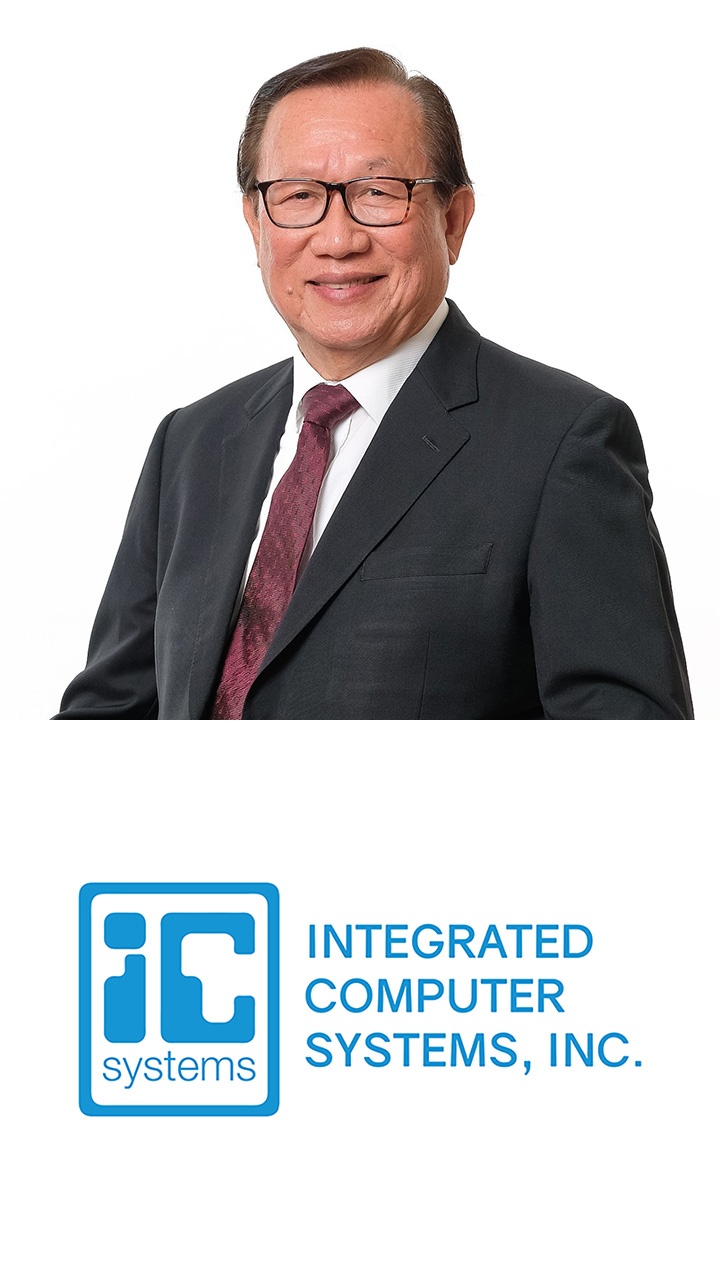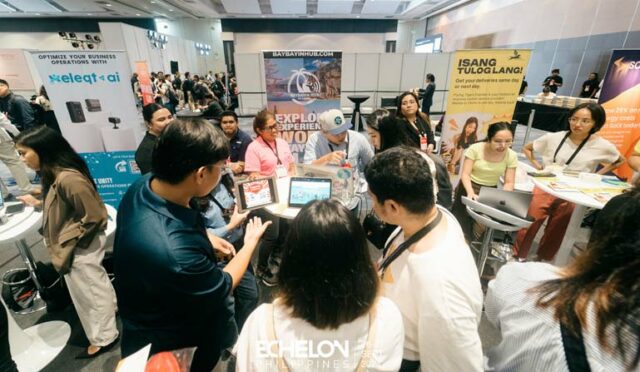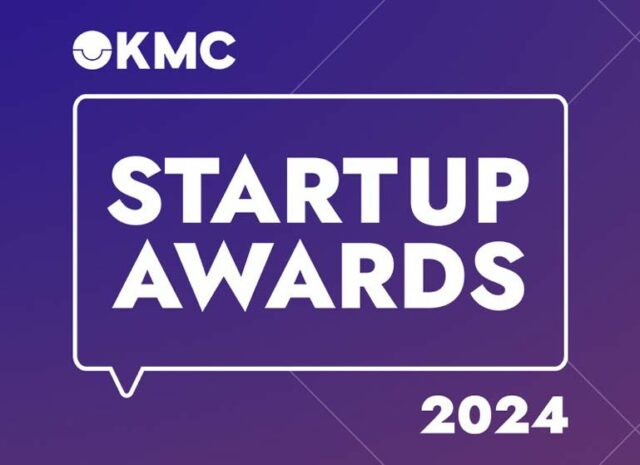THE LATEST September inflation print and improving outlook will give the Bangko Sentral ng Pilipinas (BSP) more than enough room to cut benchmark rates further, analysts said.
“With an even better inflation outlook on the horizon, the risk of the BSP cutting its policy rate again twice this year is largely increasing,” HSBC economist for ASEAN (Association of Southeast Asian Nations) Aris D. Dacanay said in a report.
The consumer price index (CPI) sharply slowed to 1.9% in September from 3.3% in August. September marked the first time in over four years that inflation was below 2%.
“In terms of monetary policy, the decline in headline inflation reinforces our view that BSP will continue to cut rates this year after kicking off its easing cycle early,” Nomura Global Markets Research analysts Euben Paracuelles and Nabila Amani said in a commentary.
The BSP in a statement on Friday said the September print affirms its outlook that inflation will continue its downward trend in the succeeding quarter.
The Bank of the Philippine Islands (BPI) in a commentary said that inflation may have reached its lowest this year and could potentially rebound in the fourth quarter amid fading base effects.
“Nevertheless, we expect inflation to remain under control, potentially staying below 3% in the absence of supply shocks. This favorable condition could extend into 2025,” BPI said.
‘BATTLE IS FINALLY OVER’
In the first nine months, headline inflation averaged 3.4%, which is also the central bank’s full-year forecast for 2024.
“Last time inflation was this low, the Philippines was in lockdown due to the COVID-19 (coronavirus disease 2019) pandemic. It almost feels too good to be true as the Philippine economy went through an inflation surge that lasted for almost two years,” Mr. Dacanay said.
“But we think the September CPI marks the day that the BSP’s inflation battle is finally over — all because of a mix of both hard work and luck.”
Mr. Dacanay attributed this to both monetary and nonmonetary measures over the past year, such as the BSP’s aggressive tightening cycle from May 2022 to October 2023 and lowering of trade barriers for key commodities.
Moving forward, he said inflation would ease further after India lifted trade restrictions on non-basmati white rice.
“This comes at an opportune time for the Philippines since retail rice prices haven’t decreased yet, even with the tariff rate cut in July. A better outlook for the global supply of the grain should help grease things up for retail rice prices to finally slide,” Mr. Dacanay added.
In September, rice inflation sharply slowed to 5.7% from 14.7% in August and 17.9% last year partly due to low base effects. This also marked the lowest rice inflation since the 4.2% print in July 2023.
Meanwhile, Nomura expects inflation to settle at 3.1% this year and 2.3% in 2025.
“Our forecast pencils in CPI inflation at around 1.9% by fourth quarter 2024, slightly below the BSP’s 2-4% target,” it said.
“We still assume the impact of the rice tariff cuts will become evident from October, but this could be partly mitigated by a likely snap back of those food items that provided the biggest drag in September,” it added.
On the other hand, BPI noted risks to this inflation outlook, citing the impact of La Niña and African Swine Fever (ASF).
“Inflation in the Philippines remains sensitive to climate conditions, and another extreme weather event could trigger a spike. On the other hand, stable commodity prices amid China’s economic slowdown may offset these risks. We now expect full-year inflation to settle at 3.2% in 2024 and 2.8% in 2025,” it added.
The “favorable” outlook on inflation gives the central bank the flexibility to continue its policy easing path, BPI said.
“We anticipate two more policy rate cuts in 2024, with more cuts likely in 2025, potentially bringing the policy rate down to 4.5% to 5% by the end of 2025,” it said.
BSP Governor Eli M. Remolona, Jr. last week said the Monetary Board can deliver a 25-basis-point (bp) cut at its Oct. 16 meeting, followed by another at its Dec. 19 meeting.
The central bank chief has said that they are seeking to slash the key rate to as low as 4.5% by end-2025 in order to support the economy.
“But with inflation risks largely dissipating, largely due to rice, the room to cut policy rates in both the October and December rate-setting meetings is vastly increasing,” Mr. Dacanay said.
Nomura likewise expects the BSP to cut by 25 bps each at the last two meetings of the year.
“Beyond that, we also expect BSP to cut in the first three meetings of 2025 before pausing. This would bring the RRP rate to 5% by May 2025 (i.e., a total of 150-bp cuts in this cycle).”
However, analysts noted that the BSP is unlikely to be aggressive in its policy reductions.
“There are several uncertainties right now in the current environment, with inflation risks tied to supply constraints both locally and globally, heightened by geopolitical risks. As such, we don’t expect interest rates to return to the low levels seen in the past decade,” BPI said.
“The Fed’s rate cuts also support further easing by BSP, but we still think BSP is unlikely to be more aggressive with 50 bp clips, like the Fed was last month,” Nomura said.
Ruben Carlo O. Asuncion, chief economist at Union Bank of the Philippines, Inc., also noted the possibility of delayed easing by the BSP.
“We think that BSP will not rescind its commitment to further easing. However, it may be delayed amidst a massive escalation of Middle East tensions that may bring global prices higher, unhinging inflation expectations in the short to medium term,” he said in a Viber message.
RRR CUTS
BPI Lead Economist Emilio S. Neri, Jr. said that the central bank’s latest decision to slash banks’ reserve requirement ratio (RRR) will also support the BSP delivering 25-bp-sized cuts.
“It’s possible that BSP’s substantial RRR cut sufficiently complements a measured approach in reducing the RRP 25 bps at a time so there may be no need to do a jumbo RRP reduction either in October or December,” he said in a Viber message.
The BSP last month announced that it would reduce the RRR for universal and commercial banks and nonbank financial institutions with quasi-banking functions by 250 bps to 7% from 9.5% effective on Oct. 25.
It will also cut the RRR for digital banks by 200 bps to 4%, while the ratio for thrift lenders will be reduced by 100 bps to 1%. Rural and cooperative banks’ RRR will likewise go down by 100 bps to 0%.
Mr. Remolona earlier said that the RRR could be brought down to as low as zero before his term ends in 2029.
“In addition to potential rate cuts, the inflation outlook may also allow the BSP to reduce the RRR further,” BPI said.
BPI said that a 1% cut in the RRR will free up P150 billion in deposits. “The recent 250-bp reduction is expected to release P375 billion in deposits. As a result, we expect intermediation costs to decline, which could drive down lending rates. This could also lead to improvements in the capital markets and banking system as banks will be able to allocate their resources more efficiently,” it added.
Further RRR cuts are also unlikely to stoke inflation, BPI said.
“The BSP has robust liquidity management tools in place to absorb any excess funds released into the system. These tools have been effectively utilized over the years, ensuring that liquidity levels remain within the BSP’s control,” it said. — Luisa Maria Jacinta C. Jocson







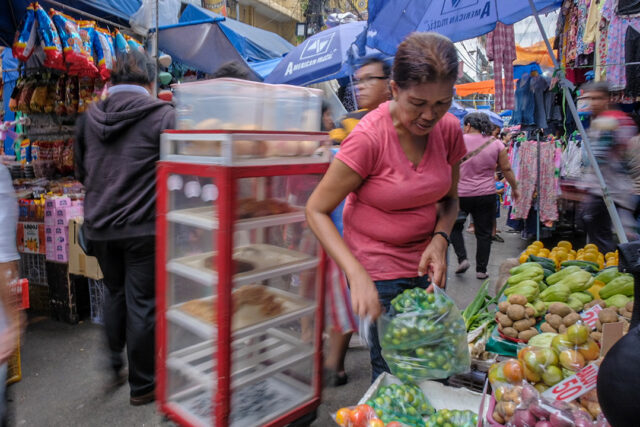
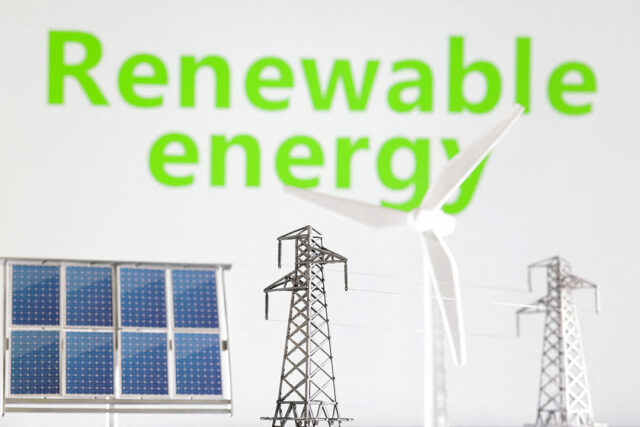
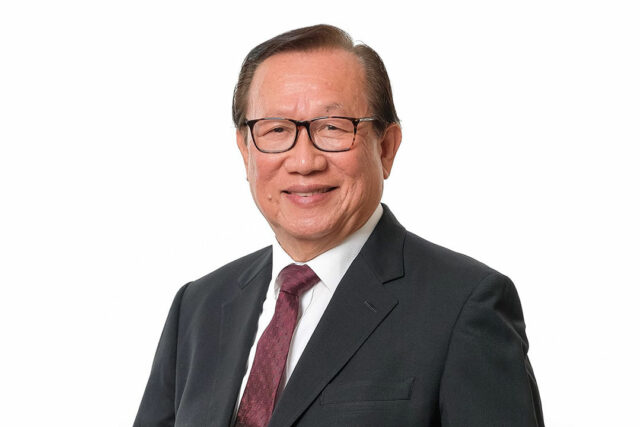
 IN THE RAPIDLY evolving world of technology, George T. Barcelon, the chairman and president of Integrated Computer Systems, Inc. (ICS), has used his leadership, vision and a deep understanding of the industry’s complexities to lift ICS to new heights.
IN THE RAPIDLY evolving world of technology, George T. Barcelon, the chairman and president of Integrated Computer Systems, Inc. (ICS), has used his leadership, vision and a deep understanding of the industry’s complexities to lift ICS to new heights. 